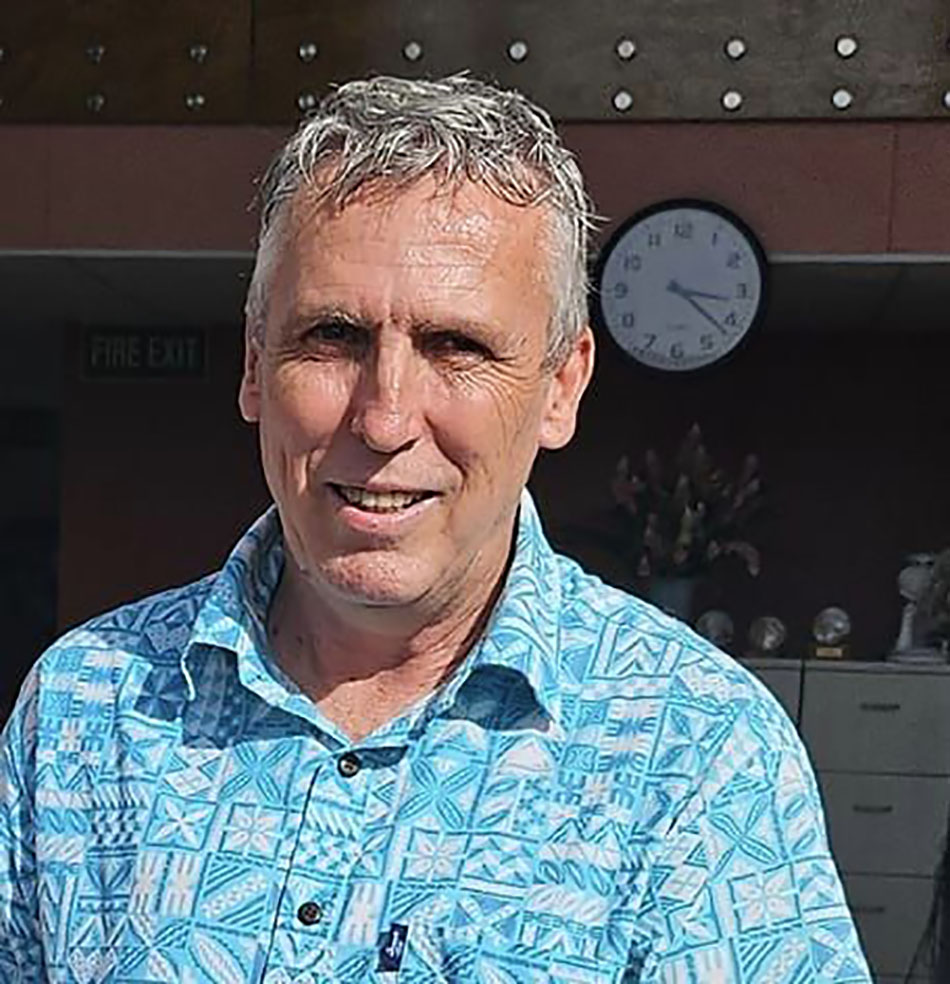Teacher turnover a challenge
Monday 11 November 2024 | Written by Talaia Mika | Published in Education, National

Secretary of Education Owen Lewis. Photo: MOE
Tereora College is reportedly seeing an increase in teacher departures, with suggestions that as many as nine teachers are set to leave the school this year.
This has raised concerns about the stability of the education system.
In response to queries from this newspaper, Secretary of Education Owen Lewis clarified the situation, saying that while some departures are occurring, this is not unusual due to the unique nature of Cook Islands education staffing.
Lewis said that the turnover rate, particularly among expatriate teachers, is an expected part of the system.
"The nature of staffing in education in the Cook Islands inherently includes regular turnover," he said.
"We contract many expatriate teachers on two to three-year terms, creating a rotating cycle each year."
He said that both local and expatriate teachers are subject to contract completions, retirements, and new employment opportunities, often abroad, that contribute to annual departures.
"Typically, 10-20 per cent of staff may leave each year due to these factors," he added.
The Ministry, according to Lewis, has a system in place to manage these transitions, beginning recruitment efforts every August to ensure classrooms are fully staffed for the new school year.
Lewis acknowledged, however, that maintaining a steady teaching workforce has its challenges.
"Unlike New Zealand, where schools experience less turnover, our secondary level heavily relies on expatriate teachers, making it challenging to maintain continuity," he said, citing the global teacher shortage and Cook Islands' limited resources as ongoing hurdles.
"This is something we are actively working on with the Government."
Lewis said student learning remains a priority, and that the Ministry is committed to filling all teaching positions before the school year begins.
"While it is not ideal to lose experienced teachers, it is a reality we face each year.
"Our commitment to student learning means that we ensure classrooms are staffed by the beginning of the school year." According to Lewis, MOE's stance is clear that while teacher turnover is an ongoing challenge, strategic planning and government collaboration are in place to manage the yearly cycle and ensure minimal disruption to students’ academic progress.











































